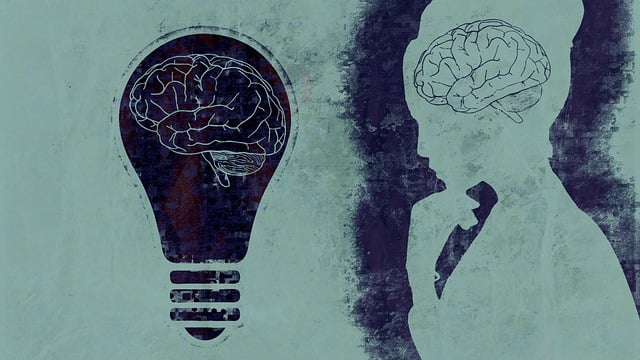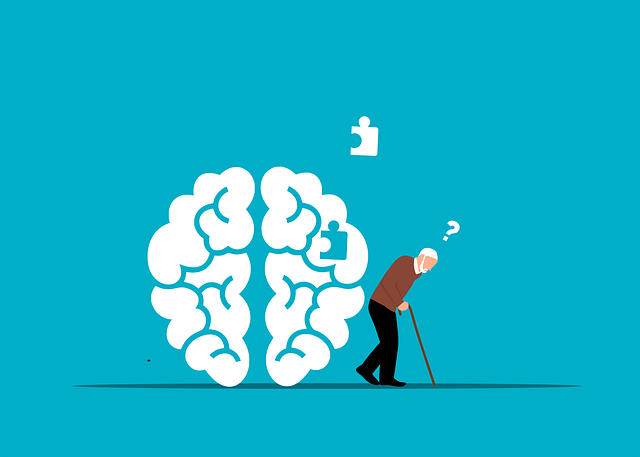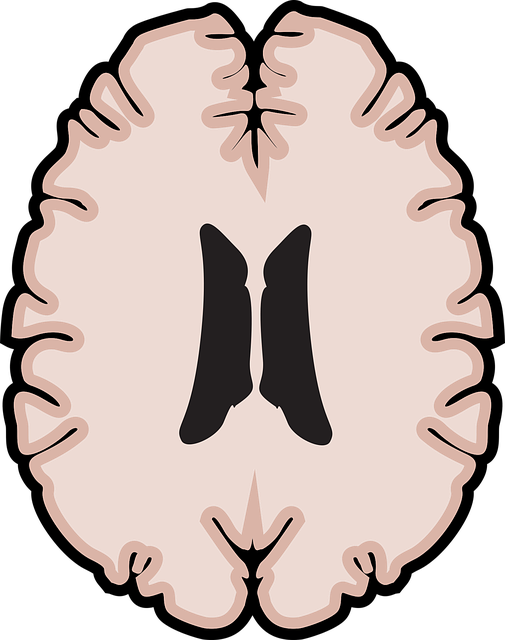Castle Rock Therapy is a unique approach for therapists and clinicians aiming to enhance their support of mental health, integrating cognitive behavioral therapy with mindfulness practices. This method equips clients with effective coping strategies, boosting self-esteem, enhancing problem-solving skills, and teaching stress management. Through personalized education programs, individuals gain tools to manage mood disorders, promote well-being, and develop lasting resilience, fostering inner strength through mindfulness and creative outlets like art therapy, as well as mental wellness journaling exercises for emotional intelligence.
Coping skills development is a vital component of emotional well-being, equipping individuals with strategies to navigate life’s challenges. This article explores three key aspects: understanding coping skills as the foundation of emotional health, delving into the powerful Castle Rock Therapy approach for therapists and clinicians, and providing practical strategies for integrating this development in clinical practice. By enhancing these skills, professionals can effectively support clients in fostering resilience and overall mental wellness.
- Understanding Coping Skills: The Foundation of Emotional Well-being
- Castle Rock Therapy: A Powerful Approach for Therapists and Clinicians
- Practical Strategies for Integrating Coping Skills Development in Clinical Practice
Understanding Coping Skills: The Foundation of Emotional Well-being

Coping skills are essential for navigating life’s challenges and maintaining emotional well-being. They serve as a foundation for mental health and resilience, enabling individuals to confront and overcome difficult situations. Understanding coping mechanisms is crucial in Castle Rock therapy for therapists and clinicians, as it empowers them to guide clients towards healthier ways of managing stress, anxiety, and other emotional turmoil.
Effective coping strategies involve a combination of self-esteem improvement, problem-solving abilities, and effective stress management techniques. Mental health education programs designed with these principles in mind can play a pivotal role in fostering mental wellness. By teaching individuals to recognize their emotional triggers and employing adaptive coping behaviors, therapists and clinicians contribute to the long-term enhancement of clients’ overall mental health and quality of life.
Castle Rock Therapy: A Powerful Approach for Therapists and Clinicians

Castle Rock Therapy offers a unique and powerful approach for therapists and clinicians looking to enhance their practice. This therapeutic technique focuses on empowering individuals to build inner strength and resilience, making it an invaluable tool in the field of mental health support. By combining elements of cognitive behavioral therapy with mindfulness practices, Castle Rock provides clients with effective coping strategies to manage mood disorders and promote overall well-being.
The method encourages therapists to design tailored mental health education programs that teach individuals how to navigate life’s challenges. Through this process, clients develop a deeper understanding of their emotions, thoughts, and behaviors, fostering self-awareness and personal growth. By integrating Castle Rock Therapy into their practice, therapists can offer more comprehensive care, enabling clients to build coping mechanisms that will serve them long after the therapy sessions have ended.
Practical Strategies for Integrating Coping Skills Development in Clinical Practice

Integrating coping skills development into clinical practice is a multifaceted approach that empowers therapists and clinicians to effectively support their clients’ mental wellness. Castle Rock Therapy offers practical strategies for professionals looking to enhance their repertoire. One key method is encouraging Inner Strength Development, where clients identify and cultivate personal resources to navigate challenges. This can involve teaching simple yet powerful mindfulness techniques or helping individuals discover unique coping mechanisms through creative outlets like art therapy.
Additionally, Mental Wellness Journaling Exercises provide valuable guidance. Therapists can recommend daily journaling as a tool for self-reflection and emotional intelligence. By documenting thoughts and feelings, clients gain insights into their triggers and patterns, fostering a deeper understanding of themselves. This practice strengthens their ability to manage stress and emotions effectively, leading to improved mental wellness and resilience over time.
Coping skills development is a pivotal aspect of fostering emotional well-being. As highlighted by Castle Rock Therapy, a robust approach for therapists and clinicians, integrating these strategies into clinical practice can significantly enhance therapeutic outcomes. By understanding the foundational principles and leveraging practical techniques discussed in this article, professionals can empower individuals to navigate life’s challenges more effectively, ultimately improving overall mental health and resilience. For therapists and clinicians seeking to deepen their impact, Castle Rock Therapy offers a valuable framework for cultivating robust coping skills in their clients.













